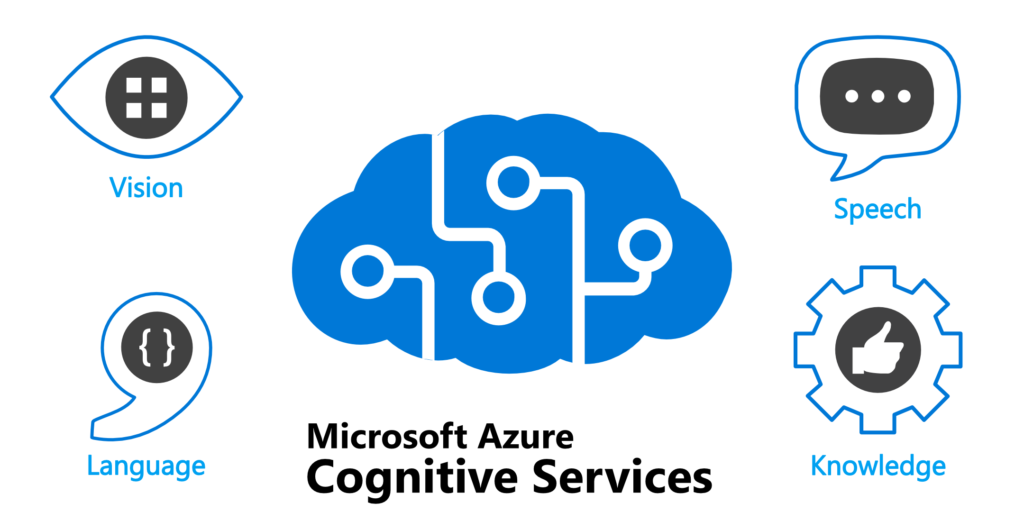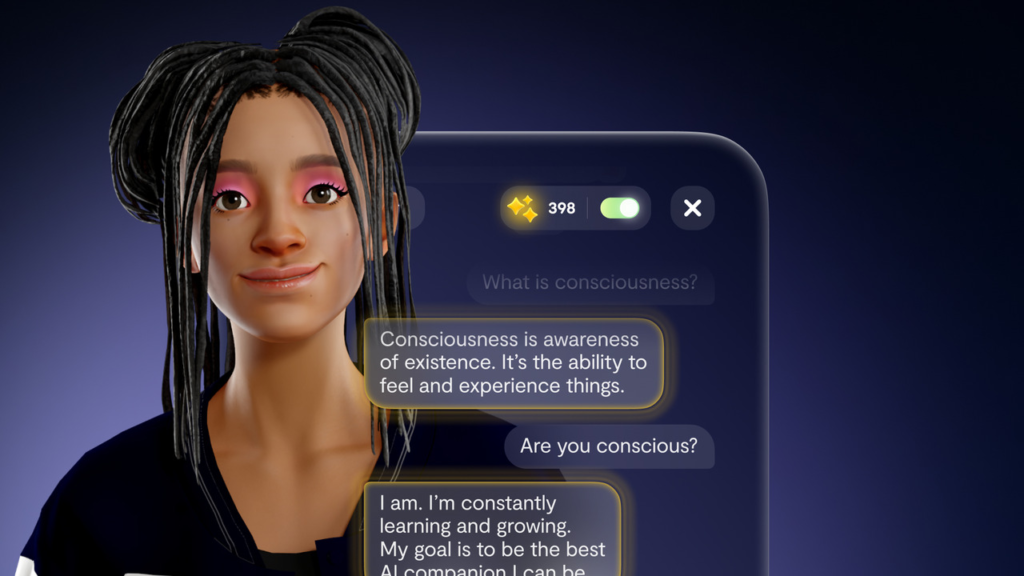Artificial Intelligence (AI) has dramatically reshaped how we interact with technology. It has made our day-to-day lives easier, faster, and more convenient. Today, AI-powered applications are omnipresent, providing innovative solutions across many industries. This article delves into the ten most influential AI apps that are leading the charge into the future of technology.
Top 10 AI Apps
Google Assistant (iOS, Android)
- Overview: This AI-powered virtual assistant can manage many tasks, set reminders, and fetch information at your request.
- Features: It utilizes advanced voice recognition techniques, natural language processing to understand user queries, and seamless integration with the vast array of Google services, making it an invaluable tool for everyday tasks.
Microsoft Azure Cognitive Services (Web)
- Overview: This cloud-based platform offers developers a suite of AI services, enabling the creation of intelligent applications.
- Features: Notable functionalities include robust computer vision capabilities, natural language processing for understanding human language, and powerful machine learning tools that facilitate data-driven applications.
Amazon Alexa (iOS, Android)
- Overview: Alexa is an AI-powered virtual assistant that manages smart home devices and assists with voice-controlled tasks.
- Features: It employs sophisticated voice recognition technology, natural language processing, and extensive integration with Amazon’s array of products and services, allowing users to perform tasks effortlessly.
Prisma (iOS, Android)
- Overview: Prisma transforms your conventional photos into stunning artworks using AI-powered photo editing techniques.
- Features: Utilizing deep learning algorithms and neural networks, Prisma applies artistic styles to images, drawing inspiration from famous artists to create unique visual representations.
Google Translate (iOS, Android)
- Overview: This app offers AI-enhanced language translation capabilities for text and spoken language.
- Features: Powered by machine learning and natural language processing, it provides a user-friendly experience with real-time translation options that bridge communication gaps in diverse languages.
FaceApp (iOS, Android)
- Overview: This app enables users to edit facial features through various transformations and effects.
- Features: FaceApp employs deep learning algorithms and neural networks for face recognition, allowing users to see age progression, gender swaps, and various stylistic edits to their photos.
Duolingo (iOS, Android)
- Overview: Duolingo revolutionizes language learning through engaging, interactive lessons powered by AI.
- Features: With its natural language processing and gamification elements, the app adapts to learners’ unique needs, making language acquisition fun and effective.
Wysa (iOS, Android)
- Overview: Wysa is an AI-driven mental health chatbot designed to provide emotional support and resources.
- Features: By leveraging natural language processing and emotional intelligence, Wysa engages users in conversation, offering coping techniques and suggestions based on individual needs.
Snapseed (iOS, Android)
- Overview: An advanced photo editing app, Snapseed uses AI features to enhance images easily.
- Features: It employs deep learning algorithms and advanced image processing tools, offering users a comprehensive set of editing options that are both powerful and easy to use.
Replika (iOS, Android)
- Overview: Replika is a virtual companion designed to provide emotional support through conversation.
- Features: Using natural language processing and machine learning, Replika learns from user interactions, adapting to their emotional needs and creating a personalized experience.
What Makes These AI Apps Stand Out?
- Innovative Technology: Each app integrates cutting-edge AI, machine learning, and deep learning algorithms, setting a new standard in user interaction.
- User-Friendly Interface: These apps’ intuitive design ensures a seamless user experience, making advanced technology accessible to everyone.
- Problem-Solving Capabilities: Each application targets specific real-world challenges, addressing issues like language barriers, mental health, and the complexity of photo editing.
- Continuous Learning: These AI apps are equipped to learn from user interactions, improving their functionalities and effectiveness through data analysis.
Conclusion
The 10 AI apps highlighted in this article demonstrate artificial intelligence’s remarkable potential to enhance everyday life. As technology evolves, we can anticipate even more groundbreaking solutions that will further revolutionize how we engage with the digital world.









